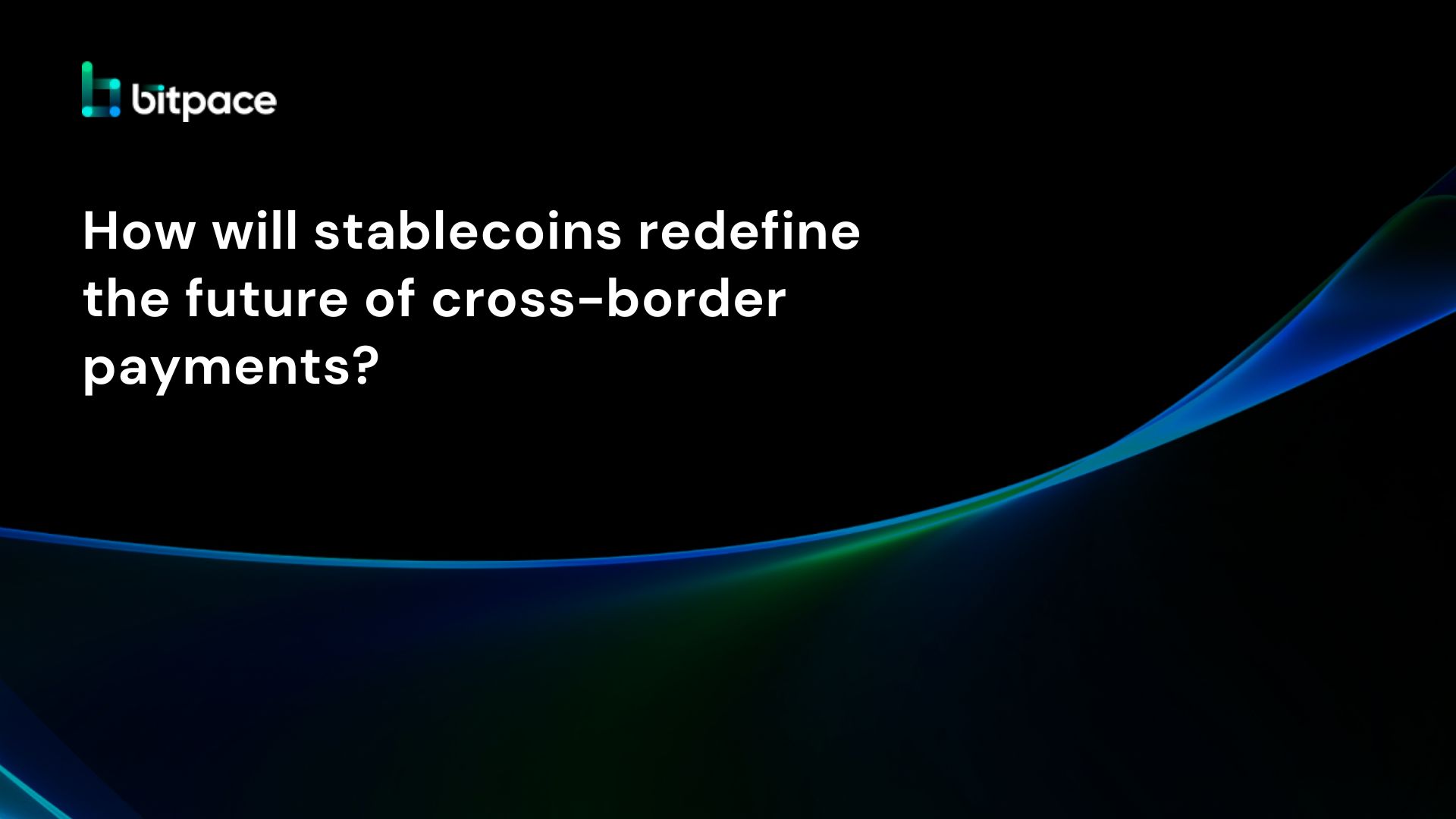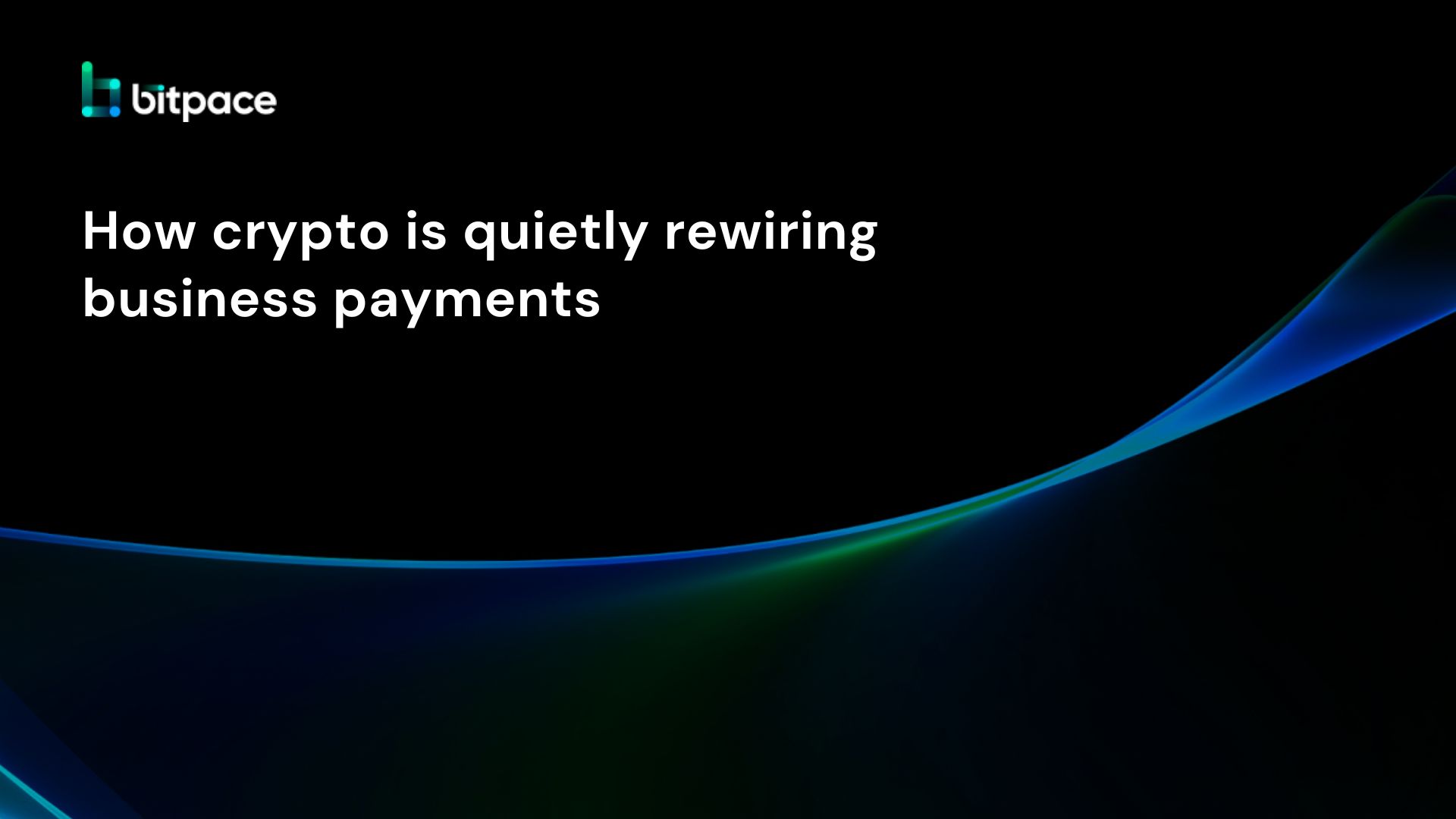The travel industry has long relied on loyalty programs to build brand affinity and strengthen customer engagement. A recent report from Wakefield Research found that 77% of Americans belong to a travel loyalty program.
However, data also suggests that these programs are failing to meet the expectations of today’s digital-savvy consumers. According to the Bond Brand Loyalty Report 2024, 50% of travelers are frustrated with the rigidity of traditional loyalty programs, while nearly one-third have abandoned them entirely.
Traditional “closed-loop” systems that operate in siloed ecosystems leave customers with little room to maneuver when it comes to redeeming their points. Often tethered to one company, the sentimental and practical value of these points is diminishing. As customers move between different brands and experiences, they find themselves accumulating points that are difficult, if not impossible, to use in ways that truly benefit them. The inflexibility is the cause for disengagement rates.
Brands must be careful not to fall into stagnation in a world that increasingly facilitates digitized and more seamless travel experiences. Today’s travelers expect more than just airline miles or hotel discounts. They want flexibility, choice and control over how they interact and redeem their rewards. For the modern consumer, loyalty programs should function like currency, not a one-way ticket to reward tied exclusively to one brand.
Thankfully, the constant evolution of innovative tech affords the travel sector with an opportunity to rethink its approach to customer loyalty. The rise of blockchain technology and tokenized assets present a creative solution. If brands can begin to embrace and integrate new decentralized methods, there is potential for loyalty schemes to become more dynamic and customer-centric.
But is it really worth the hassle?
We’ve recently seen projects such as Winding Tree cease efforts with tokenized loyalty, citing the “unpreparedness” and “need for more trust in blockchains within the travel sector.” There is still a disconnect in how blockchain is integrated into the travel supply chain, with outmoded technology a hindrance to possible innovation.
Nonetheless, if businesses can adopt a collaborative attitude and a willingness to allow customers to “meander” between brands, then a way will be made for beneficial mechanisms to evolve. The long-term payback could be remarkable.
Tokenized loyalty: flexible, interoperable and autonomous
Tokenized loyalty systems, powered by blockchain technology, offer a radical departure from existing models. Converting travel “points” into digital assets on the blockchain creates intrinsic value, transforming the way that they are earned, redeemed and valued across different ecosystems. Rather than being confined to a single brand’s ecosystem, tokenized points can exist in an open, decentralized network that creates far more opportunity.
Customers would gain new levels of sovereignty over the way they store, transfer and manage their rewards. For example, a traveler could earn tokens through one airline and redeem them for discounts at various places such as a hotel, a car rental service or even local experiences with the tokens earned.
This approach will require businesses to operate more fluidly, working together to incentivize customers, rather than against each other.
Real-time transactions and borderless engagement
A crucial advantage of tokenized loyalty programs is that they can facilitate real-time transactions across borders. Traditional loyalty systems often suffer from delays in point redemption, especially in international contexts, where currencies and payment gateways create complexity.
Blockchain-based payment gateways can eliminate these friction points, enabling instant, borderless transactions that enhance customer satisfaction. Complicated conversions and geographic restrictions simply do not have to be an associated issue of loyalty scheme. Tokenization can create convenience for both business and consumer.
On one hand, businesses tap deeper into an international customer base, fostering a more inclusive ecosystem. On the other, consumers experience a new freedom with their rewards, which can be used instantaneously with a much wider spectrum of choice.
Win-win for brands
Remembering that the essential purpose of loyalty programs is to create repeat business, it might seem counterintuitive to embrace a reward structure that encourages consumer activity with other brands. However, if seen through the lens of providing genuine lifetime value for consumers, decentralized loyalty is much less likely to produce churn. Deeper relationships can be built, whereby customers feel authentically supported to create their own experiences.
With interoperable rewards, the tendency for disillusionment around the accrual of points will fade. Blockchain’s decentralized nature will enable companies to future-proof their loyalty strategies, making them more adaptable to shifting consumer trends and technological advancements.
Onboarding new schemes
The creation and implementation of new decentralized schemes will require extensive preparation from travel companies, with many things to consider. They would do well to first opt for a permissioned blockchain to operate on, where only authorized entities can validate transactions. This would provide them with a level of control over data and privacy, yet still afford customers a new transparent and decentralized experience.
For cross-platform redemption, loyalty tokens should be designed to be interchangeable within the entire travel ecosystem. Standards could help to facilitate this compatibility and simplify the process of transferring and spending points among different brands.
It’s also important to deploy schemes on a secure decentralized ledger for data management purposes, as well as to establish multi-party governance around token issuance, transfer agreements and redemption rates. By agreeing on redemption value and loyalty rules, brands can create consistent customer experience among themselves.
Compliance with evolving regulation also presents its own challenge and will require the necessary application of diligence to ensure schemes operate per local regulations and guidelines involving but not limited to anti-money laundering and know your customer.
Conclusion
Despite the initial complexity that could deter brands from engaging, the bottom line is that traditional loyalty programs are no longer cutting it for the modern traveler. As customer expectations evolve, so too must the way businesses engage with their audiences.
Decentralized, tokenized loyalty systems powered by blockchain technology offer a fresh approach — one that emphasizes flexibility, interoperability and customer empowerment. By embracing these new models, businesses in the travel industry can reinvigorate their loyalty programs, increase customer satisfaction and ultimately, drive growth in a rapidly changing digital landscape. It’s time to move beyond the outdated, closed-loop systems of the past and embrace the future of loyalty.





